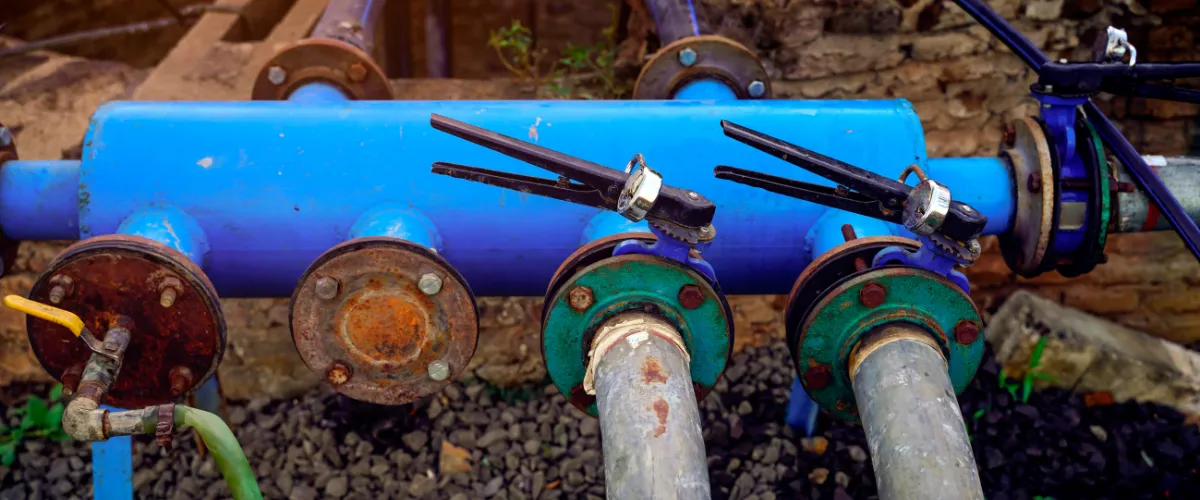
Humidity Sensor Technology: Optimizing Water Usage with Advanced Sensors
Humidity sensor technology has revolutionized the way we manage water usage across various industrial and agricultural applications. In a world where resource efficiency is crucial, accurate humidity measurement has become an essential component in improving irrigation systems, controlling environments, and optimizing production processes.
How Does Humidity Sensor Technology Work?
Humidity sensors are devices that measure the amount of water vapor present in the air or soil. These sensors provide real-time readings of relative humidity and temperature, allowing irrigation systems to be adjusted more efficiently, optimizing water resources and minimizing waste.
Humidity and temperature sensors like the BME280 are used in a variety of applications, from automated irrigation systems to environmental monitoring. The BME280 is especially popular for its high precision and ability to measure both temperature and humidity accurately.
Benefits of Humidity Sensors for Resource Management
1. Optimizing Water Usage
Humidity sensors allow precise monitoring of soil and air conditions, providing data that adjusts irrigation according to the actual needs of crops. This leads to greater efficiency in water use, a scarce and valuable resource in agriculture and various industrial sectors.
2. Real-Time Monitoring
Thanks to advanced humidity sensor technology like the BME280, data is collected in real-time, allowing immediate adjustments to irrigation or climate control systems, ensuring an ideal environment for crop growth or environmental control in industrial production.
3. Reducing Operational Costs
By integrating humidity sensors into automated irrigation and climate control systems, businesses can significantly reduce operational costs. The accuracy of humidity and temperature sensors enhances system efficiency, minimizing unnecessary energy and resource use
4. Improving Productivity
Using advanced humidity sensors to measure humidity in soil and air helps maintain optimal conditions for plant growth, leading to increased productivity and better crop yields.
Applications of Humidity Sensors Across Various Sectors
Humidity sensors are essential in several industries that aim to optimize water usage and improve operational efficiency. In agriculture, sensors help farmers control irrigation and maintain crop health, while in the climate control industry, temperature and humidity sensors ensure controlled environments for products sensitive to humidity variations.
Conclusion: The Innovation of Humidity Sensors
In a world where sustainability and efficiency are increasingly important, humidity sensor technology stands out as an innovative solution for businesses and distributors looking to optimize their processes and reduce resource waste. Adopting these sensors can significantly improve water usage efficiency and enhance productivity across a wide range of sectors.
To learn more about how humidity sensors can transform your operations, visit Wiseconn and explore our innovative solutions.


